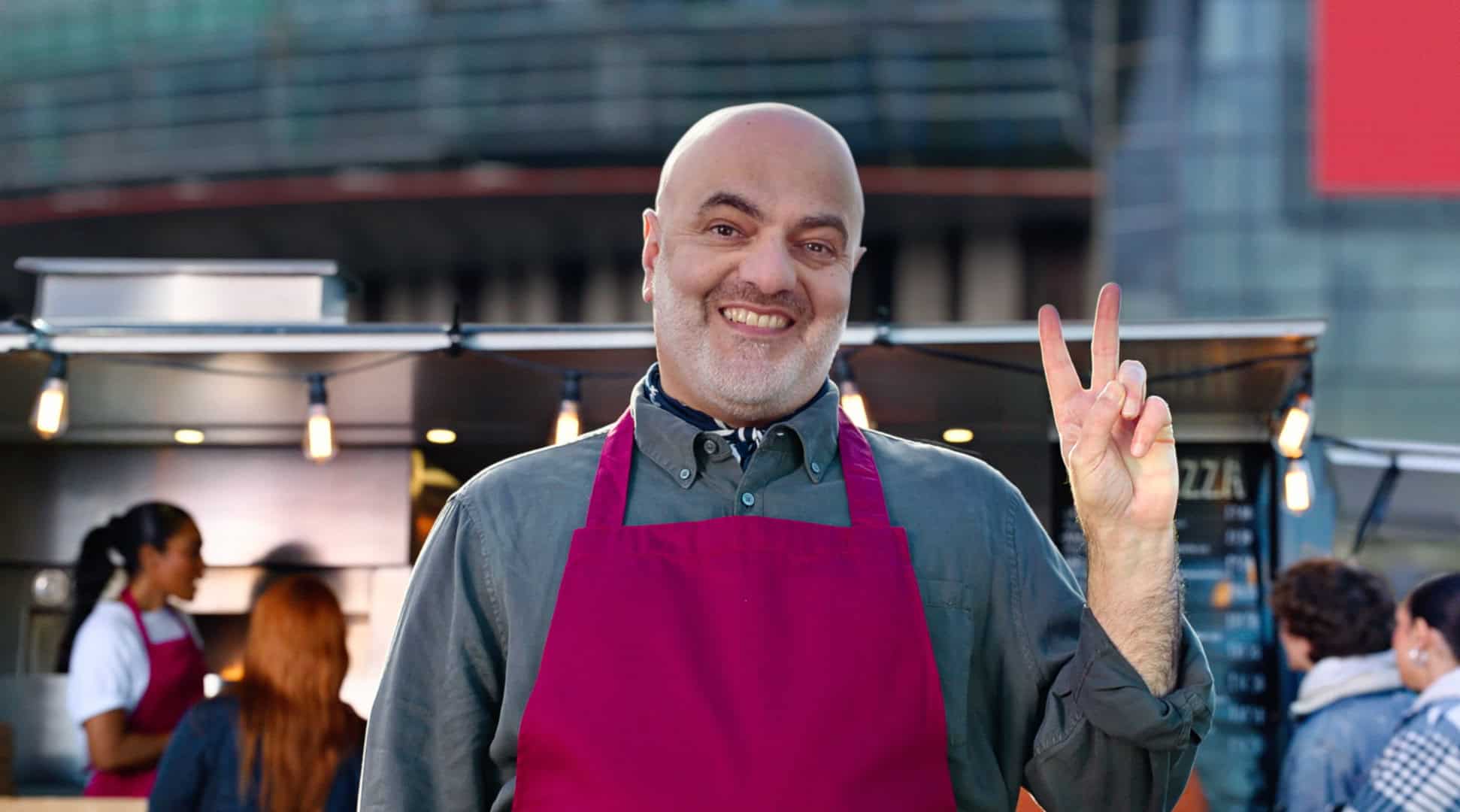I’ve never done well with desks. As soon as the briefing is over and mutterings about deadlines have died down, I scurry to the nearest sofa, floomph face first into a bean bag or curl up like a cat in a coffee shop. Or at least, I did.
Of course, the unmentionable C-word has considerably cramped our ways of working. Our beds are now our beanbags. Our flat whites are limp mugs of tea and Shoreditch’s street art strolls are now Fulham’s Range Rover spotting opportunities.
Covid has altered our freedom, and therefore how we find ideas. To be creative you need a certain amount of space – both physical and mental. Or as Virginia Woolf puts it in her extended essay A Room of One’s Own, “a woman must have money and a room of her own if she is to write fiction”. To which I would add “or copy.”
However, freedom can also be too err… free. A game of football with no rules is just 22 people kicking each other. And a brief without a proposition has no idea-sparking adrenaline kick. Restrictions focus the mind. If you can only go outside for an hour a day you will stare at the sliding colours in a sunset, be blown away by fat water droplets balancing on berries and wonder what it was you learnt about clouds at school. How many of us have enjoyed heightened sensory experiences as we frantically stuff all our observations into one precious hour, rather than absentmindedly WhatsApping our way to the tube.
It’s important to take these Government approved breaks – there’s even science to back it up. The ‘ideas in the shower’ theory is based on Dopamine – the happy chemical – being produced when you relax, triggering creative thoughts and connections between ideas. It’s why account handlers love briefing teams on a Friday, to buy two extra days of subconscious thought power. (Although I can barely remember my own name on Monday, so it’s not an entirely effective strategy).
So how do we respond to the limitations imposed upon us? Creatively. Squeeze the seconds out of every amble. Lever yourself out of your scoliosis-inducing-seat to look out of the window and into possibilities. Open a book. Wonder at how many types of gin there are in Sainsburys. Notice street lamps glowing in puddles. And finally, come back to that brief. The idea was probably there all along.


